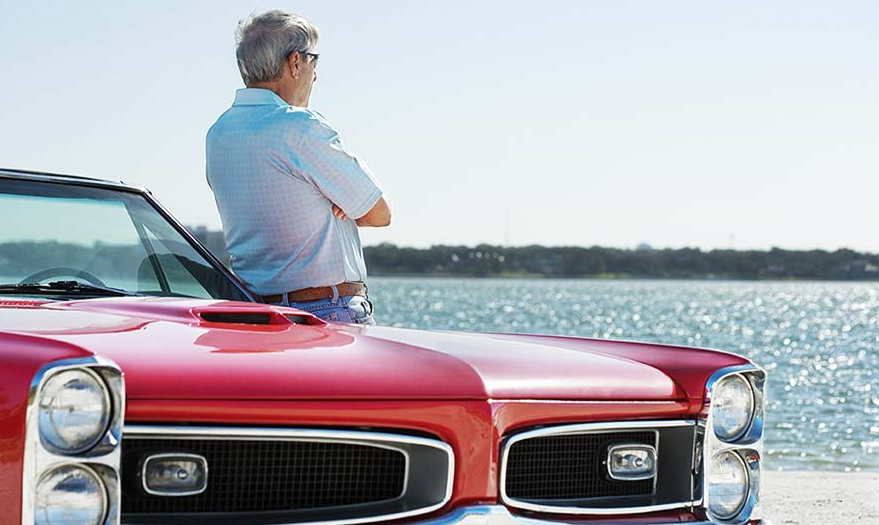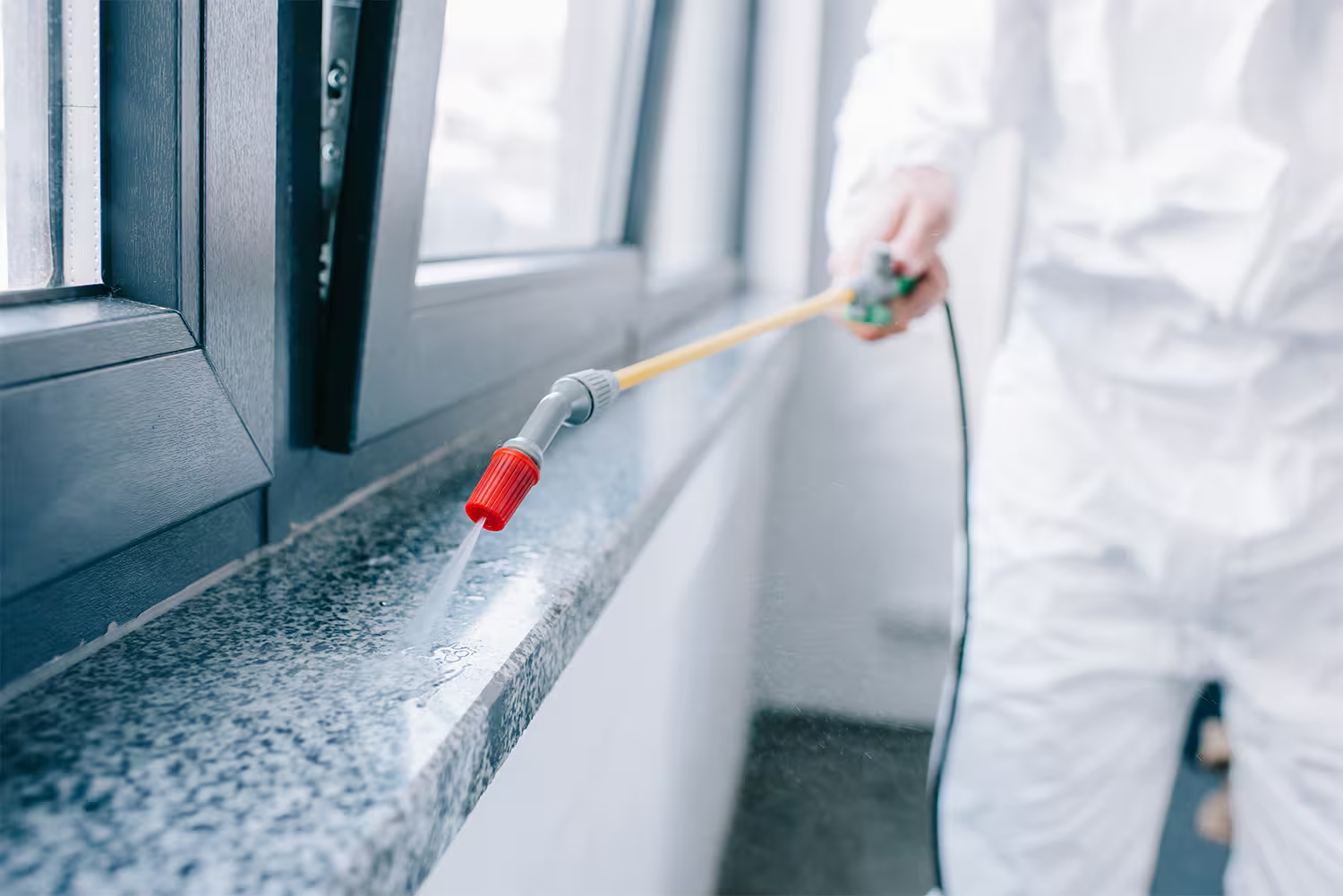Classic & Vintage Car Insurance: Protect Your Investment

Classic and vintage cars are not just modes of transportation; they are cherished pieces of history, embodying the artistry and engineering of bygone eras. Owning one of these vehicles is often a labor of love, requiring meticulous maintenance and care. As such, insuring these cars involves special considerations that differ from standard auto insurance policies. This guide will explore the nuances of classic and vintage car insurance, helping owners make informed decisions to protect their prized possessions.
Understanding Classic and Vintage Car Insurance
Classic and vintage car insurance is tailored specifically for vehicles that are considered rare, historically significant, or have a unique place in automotive history. Typically, a car is classified as “classic” if it is at least 20 years old, though the exact criteria can vary by insurer and region. Vintage cars, on the other hand, are generally considered to be older, often defined as vehicles manufactured before World War II.
Why Specialized Insurance Matters
Standard car insurance policies are designed for everyday vehicles and their drivers, focusing on factors like mileage, usage, and risk assessment based on current market conditions. In contrast, classic and vintage car insurance takes into account the vehicle’s unique value, limited use, and specialized needs. This type of insurance recognizes the rarity and historical significance of these cars, providing coverage that reflects their true worth and specific requirements.
Coverage Options for Classic and Vintage Cars
Classic and vintage car insurance policies offer various coverage options to suit different needs. Some common types of coverage include:
- Agreed Value Coverage: This ensures that the insured receives a pre-determined amount in the event of a total loss. Unlike standard policies that may only offer the car’s market value, agreed value coverage guarantees compensation based on the agreed-upon value of the car at the time the policy was taken out.
- Limited Mileage Policies: Since classic and vintage cars are often driven infrequently, insurers offer limited mileage policies. These policies are usually less expensive and reflect the car’s limited usage.
- Comprehensive and Collision Coverage: Comprehensive coverage protects against damage from non-collision incidents like theft, fire, or natural disasters. Collision coverage handles damages resulting from accidents.
- Roadside Assistance: Specialized insurance often includes enhanced roadside assistance tailored to classic cars, which might need unique repairs or towing services.
- Restoration Coverage: Some policies offer coverage for restoration costs, which can be significant if the vehicle is damaged or needs extensive repairs.
Choosing the Right Insurance Provider
When selecting an insurance provider for a classic or vintage car, it's essential to choose one with experience and expertise in this niche market. Look for insurers who specialize in classic and vintage vehicles, as they are more likely to understand the intricacies involved. Check customer reviews, ratings, and ask for recommendations from fellow enthusiasts.
Valuation and Documentation
Accurate valuation and documentation are critical components of classic and vintage car insurance. Many insurers require detailed appraisals to determine the car’s value accurately. Regular appraisals may be necessary to keep the insurance coverage up-to-date. Additionally, maintaining thorough records of the car’s history, repairs, and restorations can help in case of a claim.
Handling Claims and Repairs
In the event of a claim, having a specialized insurer can make a significant difference. Classic and vintage cars often require specific repair techniques or parts that are not readily available. Insurance providers familiar with these requirements can facilitate smoother claims processes and work with repair shops experienced in handling such vehicles.
Legal and Regulatory Considerations
Different regions have varying laws and regulations regarding classic and vintage car insurance. It’s important to be aware of local regulations that might impact your coverage, including registration requirements, emissions standards, and usage restrictions. Your insurance provider should be able to guide you through these legal aspects to ensure compliance.
The Role of Enthusiast Communities
Engaging with classic and vintage car enthusiast communities can provide valuable insights into insurance options. These communities often share experiences, tips, and recommendations about insurers and coverage. Networking with other car owners can also help in finding trusted repair shops and appraisers.
The Joy of Ownership and Protection
Owning a classic or vintage car is a source of pride and joy. Protecting these vehicles with the right insurance ensures that you can enjoy them without worrying about financial risks. Specialized insurance not only offers peace of mind but also acknowledges the unique value and importance of these historical treasures.
In conclusion, classic and vintage car insurance is a crucial aspect of preserving the legacy of these remarkable vehicles. By understanding the specific coverage options, choosing the right insurer, and maintaining accurate documentation, owners can safeguard their investment and continue to enjoy their classic cars for years to come. Whether you’re a seasoned collector or a new enthusiast, investing in the right insurance policy is a vital step in ensuring the longevity and protection of your cherished automobile.
Explore

Classic and Vintage Car Insurance: Protecting Your Investment

Expert EB-5 Immigration Lawyers: Your Partner for Visa Success & Investment

Protect Your Rights with Leading Construction Accident Lawyers

Top Patent Lawyers Near You: Protect Your Intellectual Property

Protect Your Home: Top Pest Control Services for Lasting Results

Protect Your Devices with the Best Antivirus Software: Norton and McAfee Antivirus Options
